
At the end of time, she arrives at the beginning of the story.
Read more on Cutscene Animation: "Return of the Three Moons" | Genshin Impact.
At the end of time, she arrives at the beginning of the story.

Those who calculate the world must possess a noble heart.
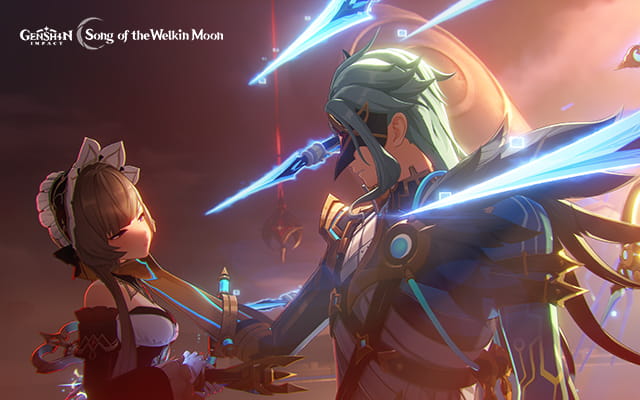
Genshin Impact’s sixth character album “The Stellar Moments Vol. 6” is out now! Featuring 30 splendid tracks composed by @HOYO-MiX, each one an original composition for the characters of Genshin Impact.
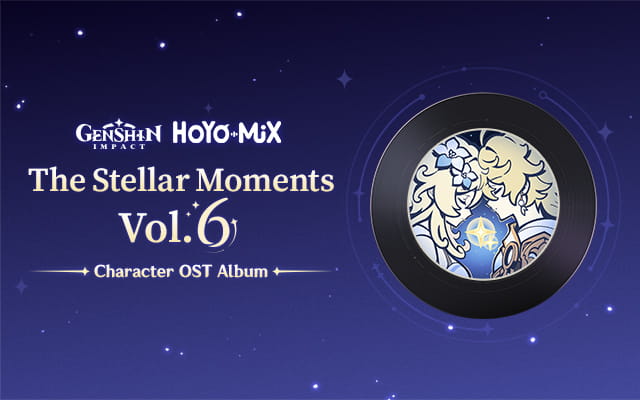
To break free from the shackles of fate, he seizes an ancient authority.
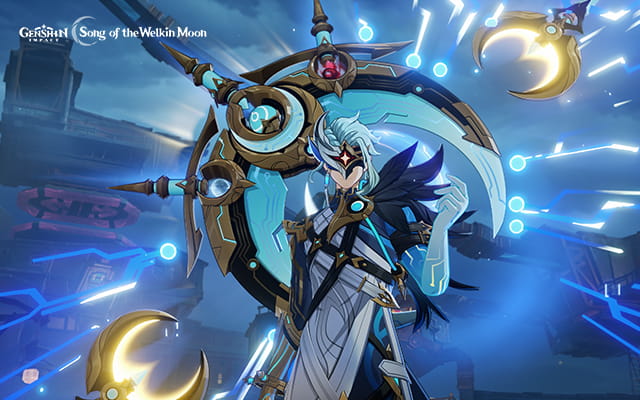
Within the domain defined by the seeker of knowledge, experiments that defy conventional wisdom are being conducted.
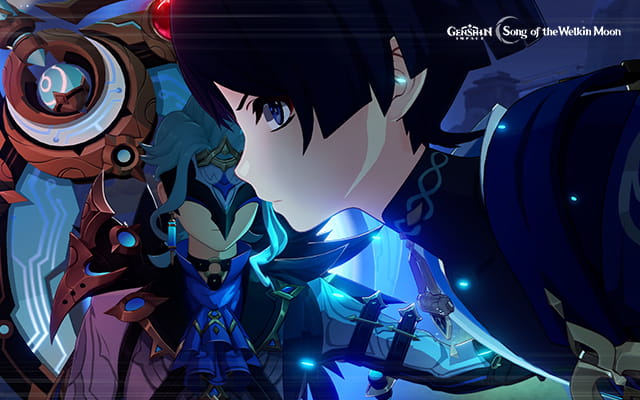
Hello, Traveler~ Word is, Miss Columbina had a few curious encounters on her stroll. Let’s see what happened!

It’s been 5 days since the new area was made available. So, dear Traveler, how many secrets have you discovered here so far?
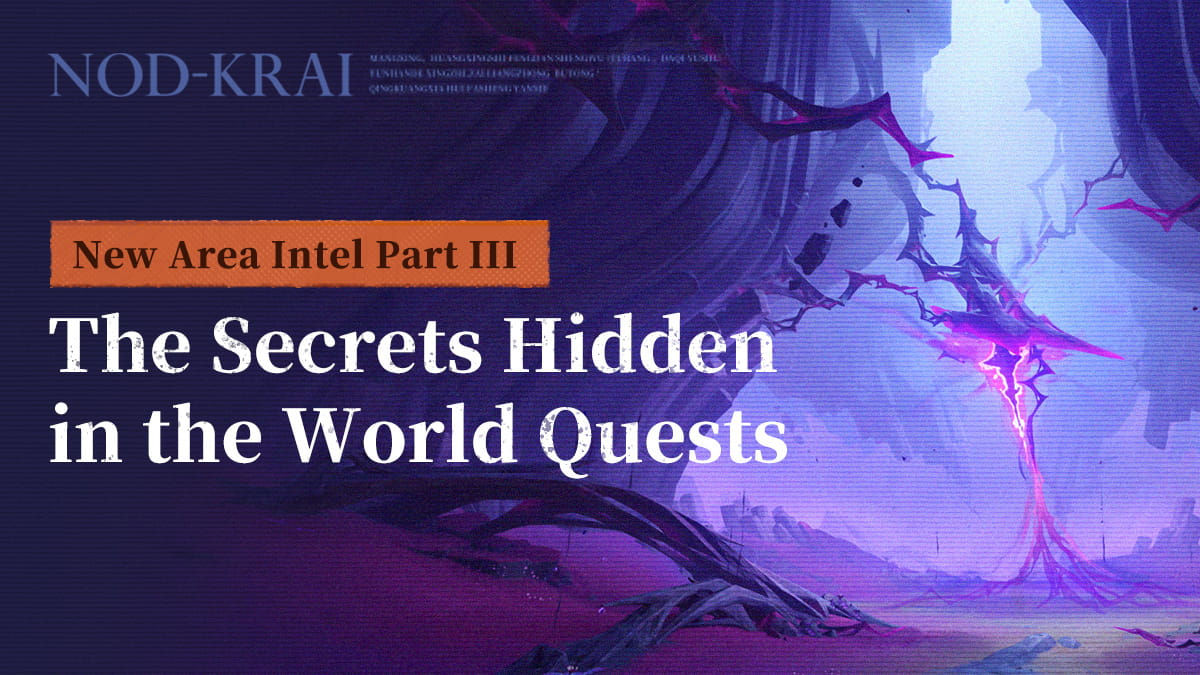
The new moon returns to Silvermoon Hall, where wondrous harmonies resound.

Read more on The new limited-time web event “Where the Moon Returns” is now available..
Below are the details of the Version “Luna IV” update “Song of the Welkin Moon: Postlude — A Traveler on a Winter’s Night” and the update compensation.
